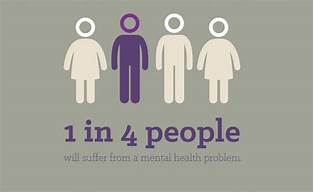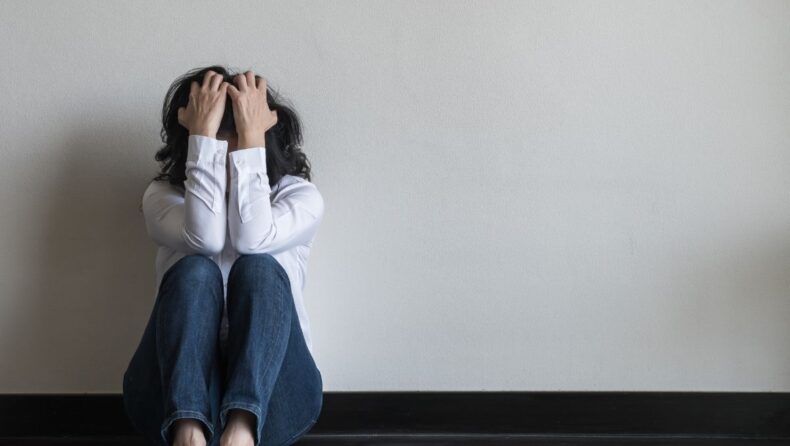New study by WHO shows the worldwide impact of COVID-19 on the mental health. Cases of depression and anxiety increased by 25 percent.
According to the latest data by the UN, about 1 billion people worldwide have mental health issues. The problem gets severe when the data shows that one in seven of them is a teenager.
The data indicates that in recent years problem has worsened. During the first years of COVID, the number of people suffering from depression and anxiety increased by 25 percent.
The cost of mental health problems is highly undermined. Suicide is the 4th biggest reason of death among 15-29 years old. Every year mental health issues such as depression and anxiety cost the global economy about 1 trillion US$.
Access to mental healthcare is drastically uneven among poor and rich countries. While in the rich nations about 70 percent of people with psychosis receive proper mental healthcare, only 12 percent of people with psychosis get proper healthcare in poor-low income countries.
The cases of depression are particularly worrisome. About 25 percent of people suffering from depression get ‘minimally adequate’ care in the rich nations. The number of people suffering from depression getting ‘minimally adequate’ care in low-income countries drops to 3 percent.

Indian Scenario
According to the study by WHO, 1 in 7 people in India suffered a mental health problem in a form such as depression, anxiety, psychosis, and dementia between 1990 to 2017.
Lack of awareness and sensitivity is the biggest problem in dealing with mental health. People who face mental health issues are often simply labeled as lunatics.
Further, there is an extreme shortage of mental healthcare facilities in India. According to a WHO report, there are only 0.047 psychologists and 0.301 psychiatrists for every 100000 people suffering from mental health disorders in India.
Due to the lack of awareness and healthcare, people suffering from serious medical conditions such as schizophrenia are often referred to the occultists and quacks. The outcome of such practices often results in deterioration in the condition of the patient.
Expert Opinion
WHO Director-General, Tedros Adhanom Ghebreyesus said in the report, “The inextricable links between mental health and public health, human rights, and socioeconomic development mean that transforming policy and practice in mental health can deliver real, substantive benefits for individuals, communities, and countries everywhere. Investment into mental health is an investment into a better life and future for all.”
While talking about tackling the problem with Forbes, Judy Ho, a psychology professor at Pepperdine University, said that the best resort is to acknowledge the issue and seek professional help. It is normal to have a mental health problem and you are not alone in it.
Further, she says that it is very important to be kind and gentle with yourself. Self-care is the best way to heal your mind. Narrow your focus and take a break when feeling overwhelmed.













